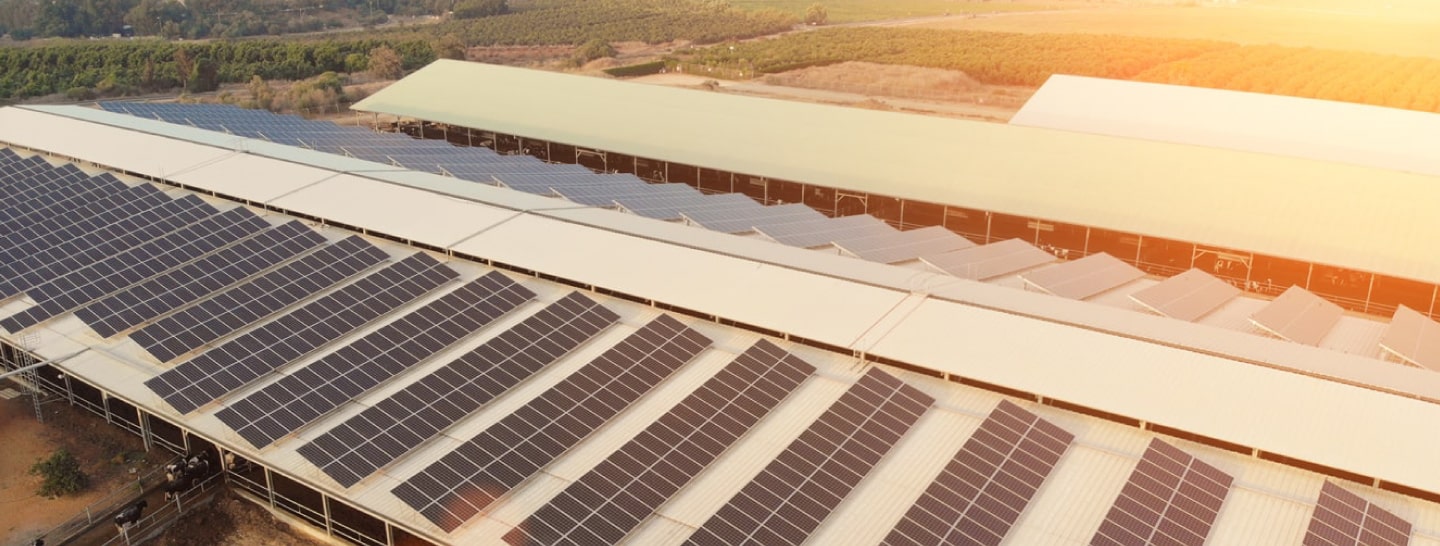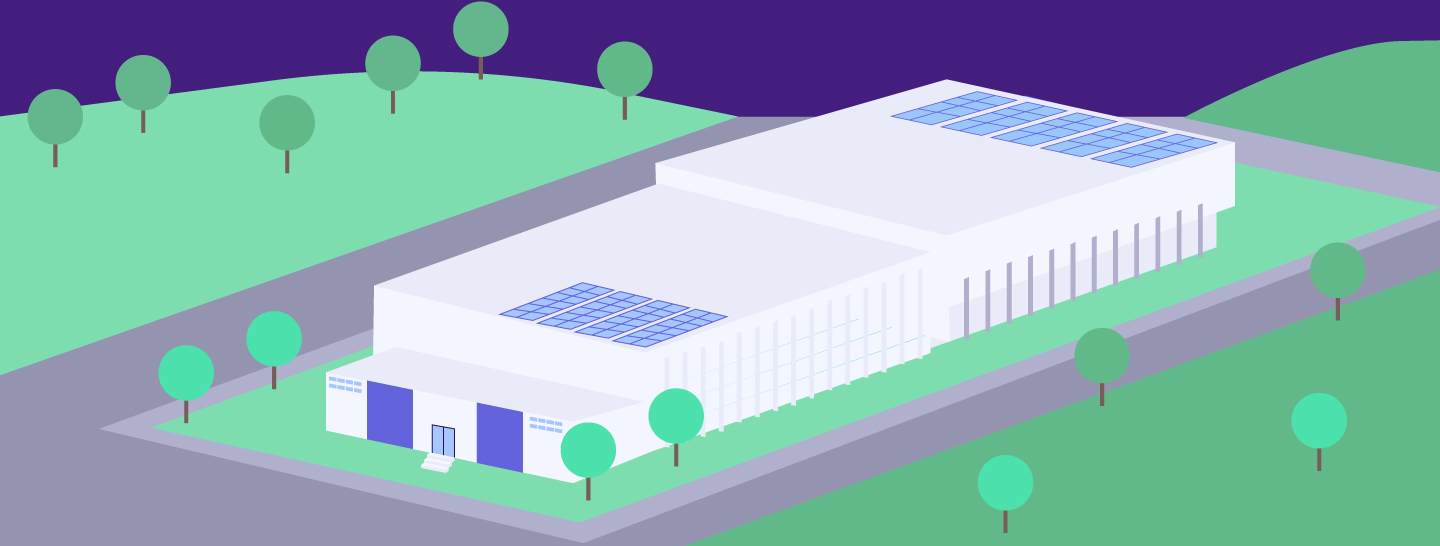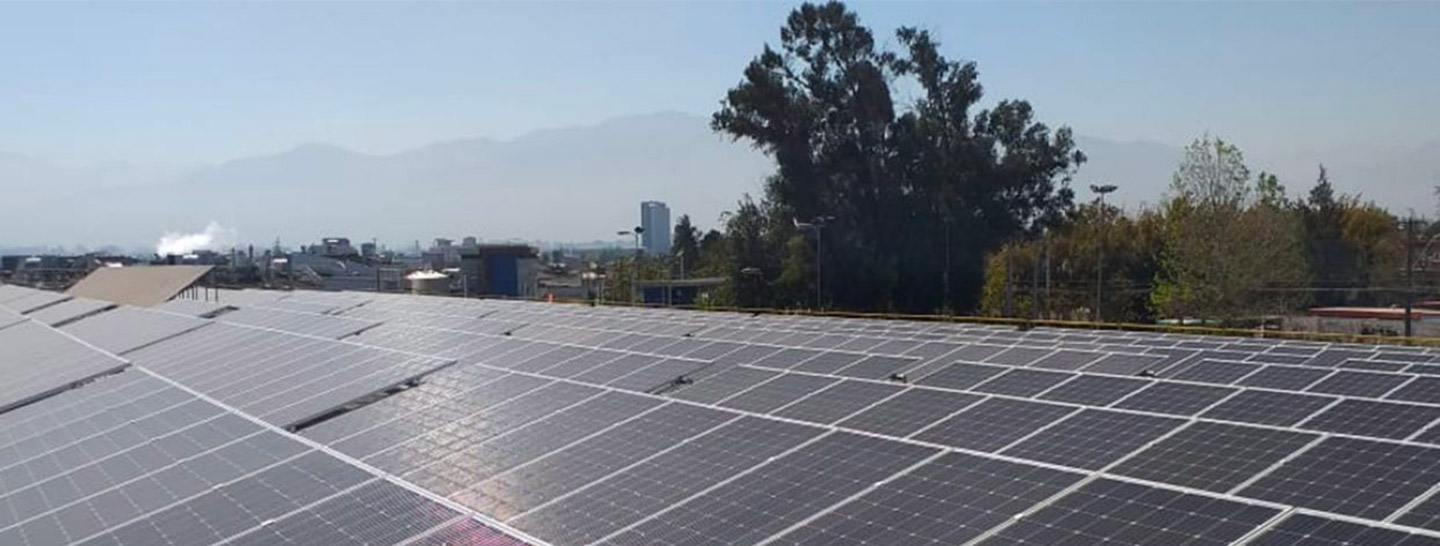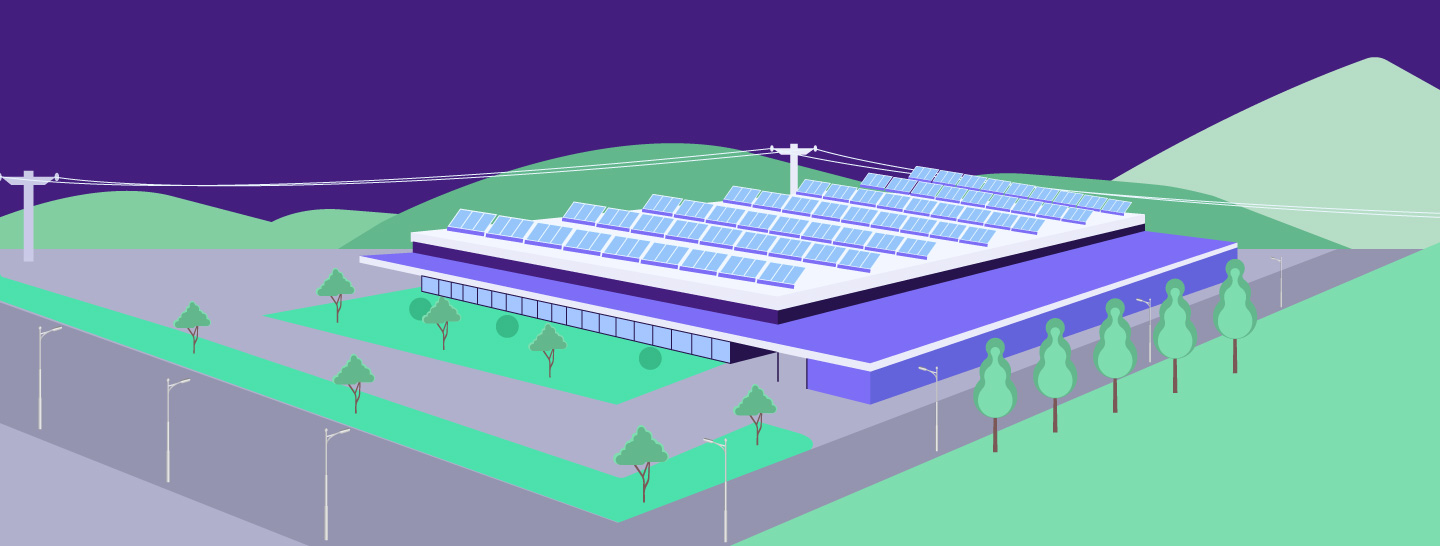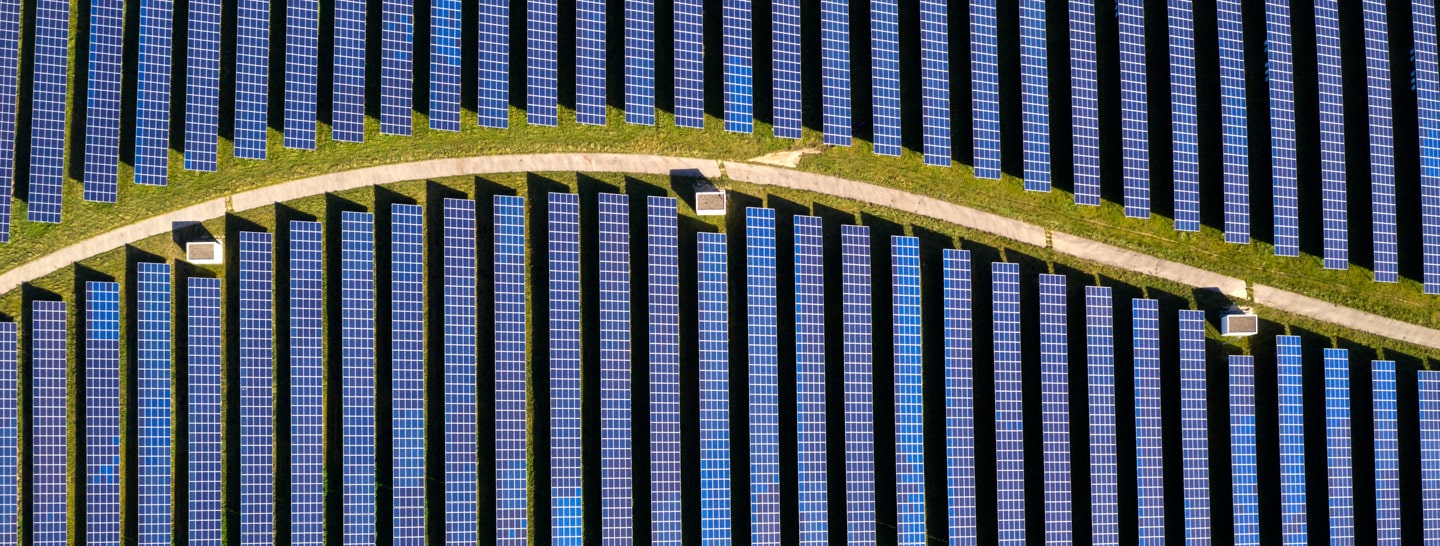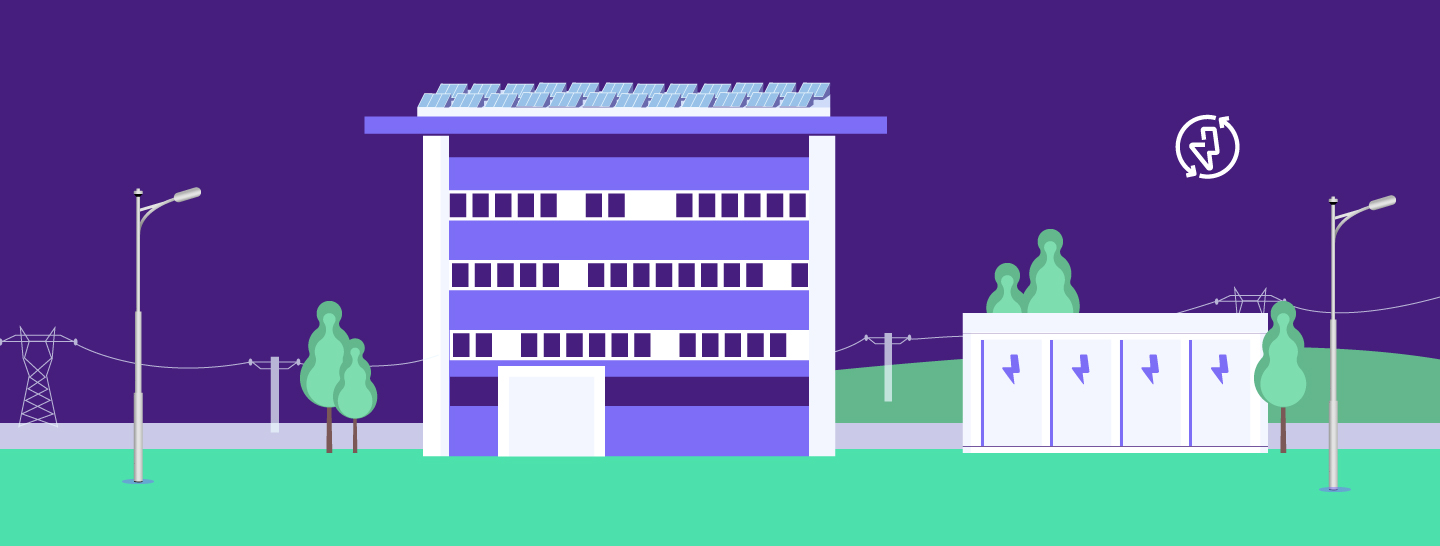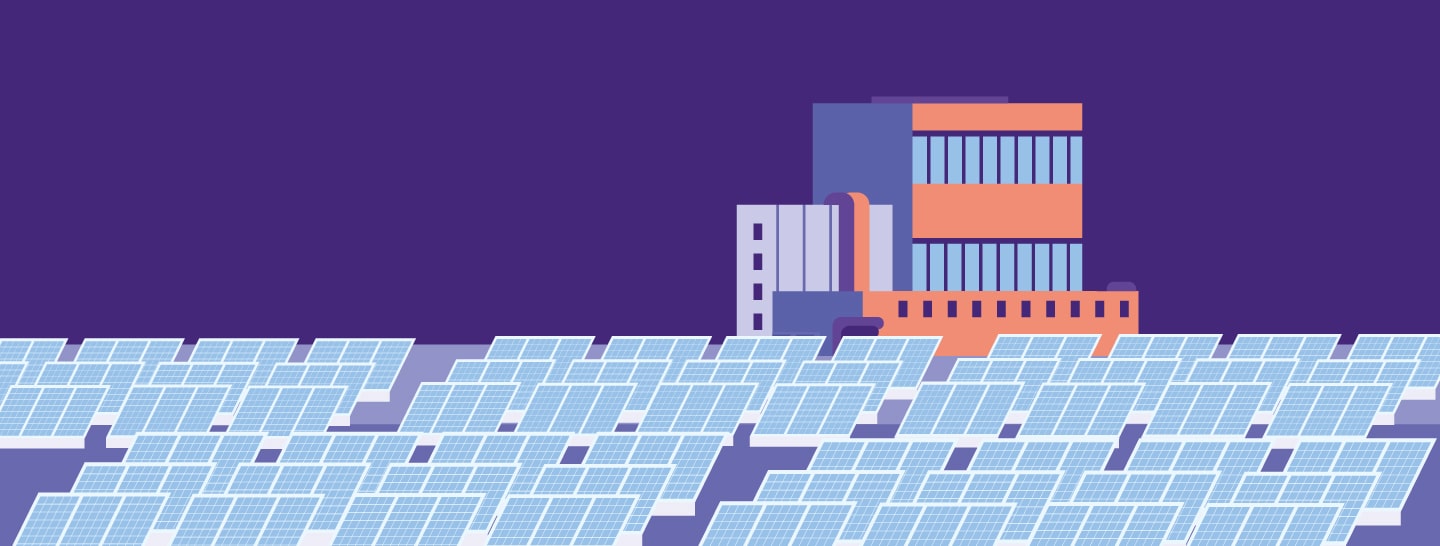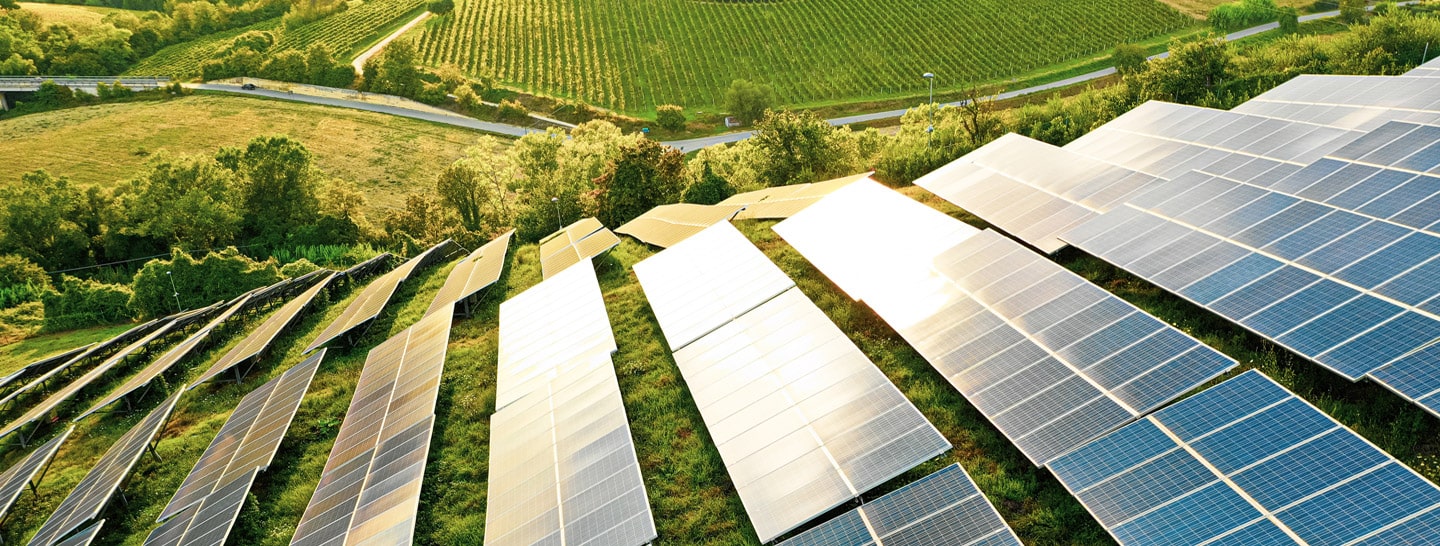A photovoltaic system produces electricity from a renewable and inexhaustible source: the sun. An industrial photovoltaic system or industrial solar PV system refers to a system with a power output greater than 100 kWp, an ideal capacity for many types of companies for purposes of self-consumption as well as production and sale of electrical energy.
Industry consumes energy for such purposes as generating heat needed for industrial processes, for boiler fuel to generate steam needed in manufacturing or for feedstocks (raw materials) to make plastics and chemicals. These energy sources are mainly natural gas and petroleum, but also include electricity, renewables, and coal. In the US, the world’s largest economy, manufacturing accounted for 35% of total energy use in 2021. About 20% of the energy consumed by industry is electricity. But it is technologically possible to electrify up to 50% of industry fuel consumption today, according to a study by McKinsey, meaning that this electricity could also be produced by a renewable source, such as through an industrial photovoltaic system.
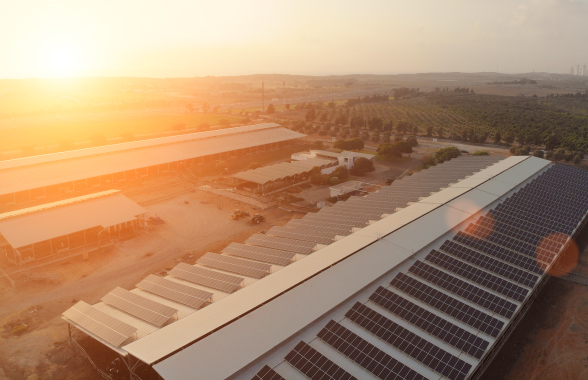
In fact, the application of solar energy in industry is an increasingly inexpensive and efficient way to produce electricity and its use is growing. Industrial uses of solar energy can generate heat for a wide variety of activities, including water desalination, enhanced oil recovery, food processing, chemical production, and mineral processing. Concentrated solar power (CSP) obtained by using mirrors or lenses to concentrate sunlight onto a large receiver is well suited to industries because it is capable of generating power at a range of temperatures, from low heat food processing to the high temperatures needed to manufacture chemicals. Resistive heaters or heat pumps powered by photovoltaic panels are another way to use solar power in industry.
How can a photovoltaic system improve a company's energy efficiency?
“Energy efficiency” simply means using less energy to perform the same task. Companies are increasingly turning to solar energy as a tool to improve their energy efficiency to deliver lower energy costs, as well as other related benefits like energy resilience and progress towards sustainability targets. So how to use solar energy in the industry? Solar power increases a company’s energy efficiency:
- When combined with battery energy storage systems, solar power can be part of an electrification plan to reduce your company’s dependence on fossil fuels like oil and gas;
- When linked to a computer-aided Energy Management (EM) solution that allows for the collection, comparison and analysis of real-time data, a solar energy system can improve energy efficiency by providing granular data on process optimization;
- When combined with a Demand Response program, solar energy plus a battery storage unit enables large energy consumers to receive payment in exchange for agreeing to reduce their energy demand during times of electricity grid stress.
Photovoltaic systems: advantages
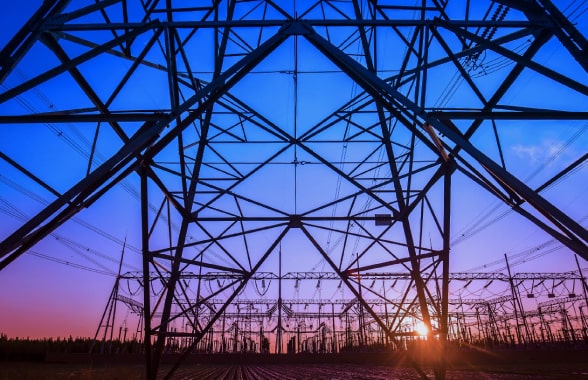
There are many advantages from the industrial uses of solar energy. The most obvious is the financial benefits in the form of an immediate reduction of energy costs by consuming less power from the national energy grid, and an increase in the value of your property or facility. Also high on the list of benefits is respect for the environment at a time when industry is increasingly being called on by consumers and governments to reduce its carbon footprint. Solar energy helps deliver zero emissions during the energy production phase and therefore allows companies to pursue their net-zero strategies. Energy independence is becoming an increasingly relevant consideration for industries at a time when energy supplies are becoming vulnerable to geopolitical events, and when unexpected energy shortages or price spikes can suddenly impact production.
What are the advantages of photovoltaic solar energy? Photovoltaic systems are reliable and are easy to maintain. Given an average life span of 25 years, businesses can recoup their investment over the system’s lifespan. Lastly, the output can be modified at any time if your business grows or demand falls, simply by altering the number of modules.

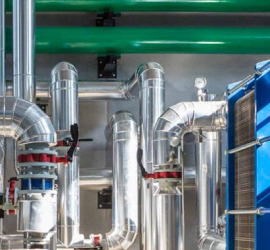


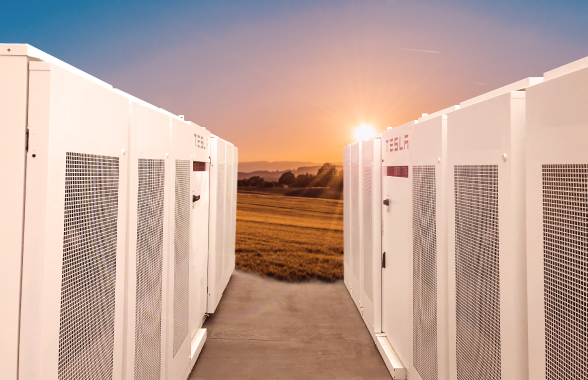

.jpg)
